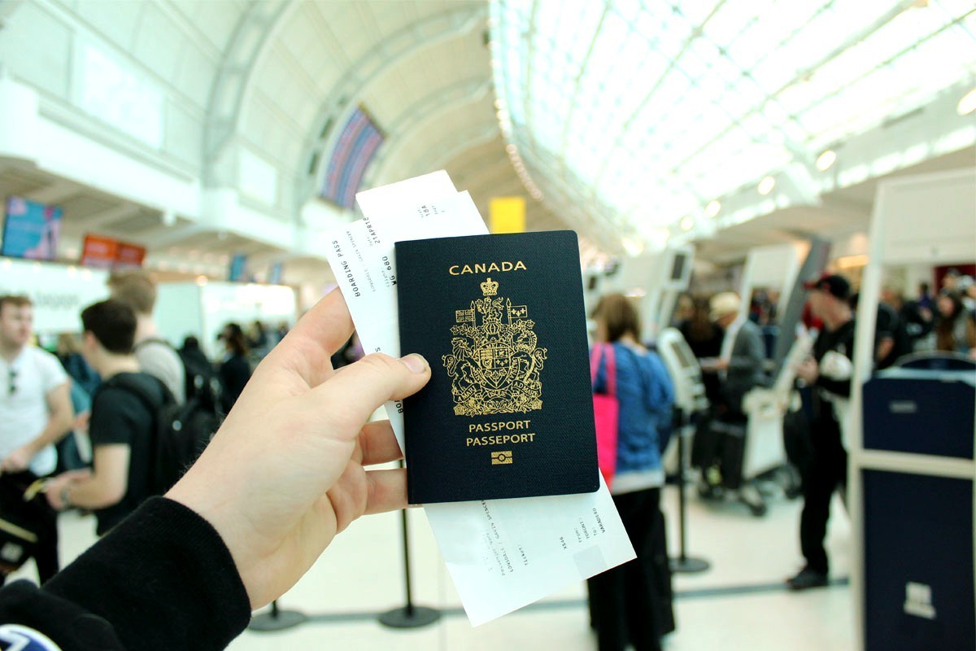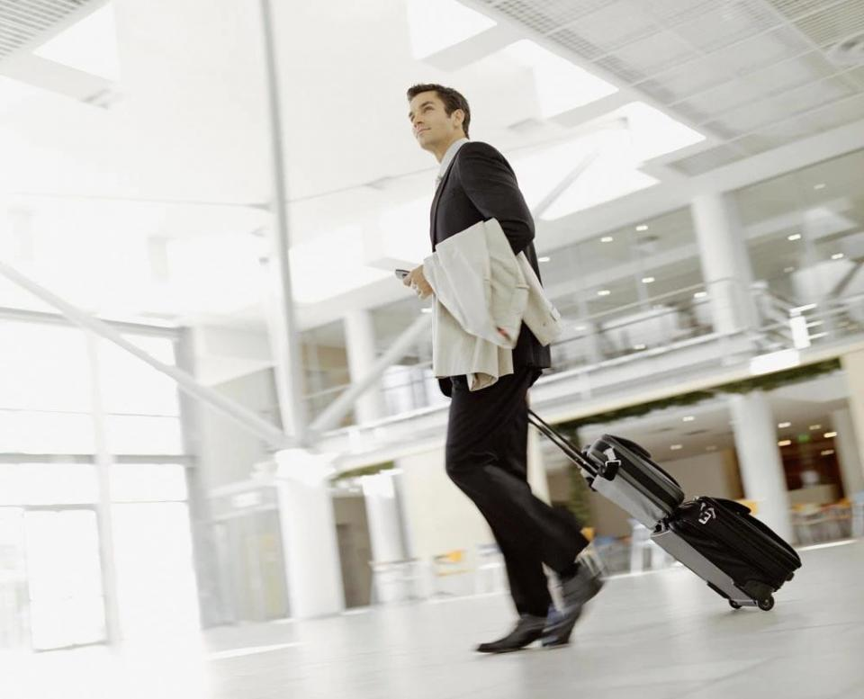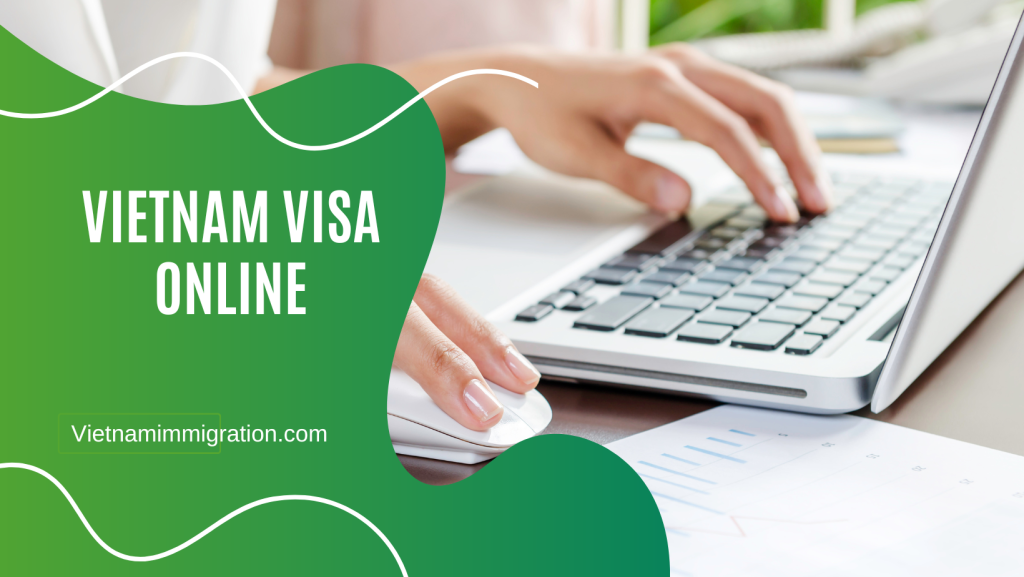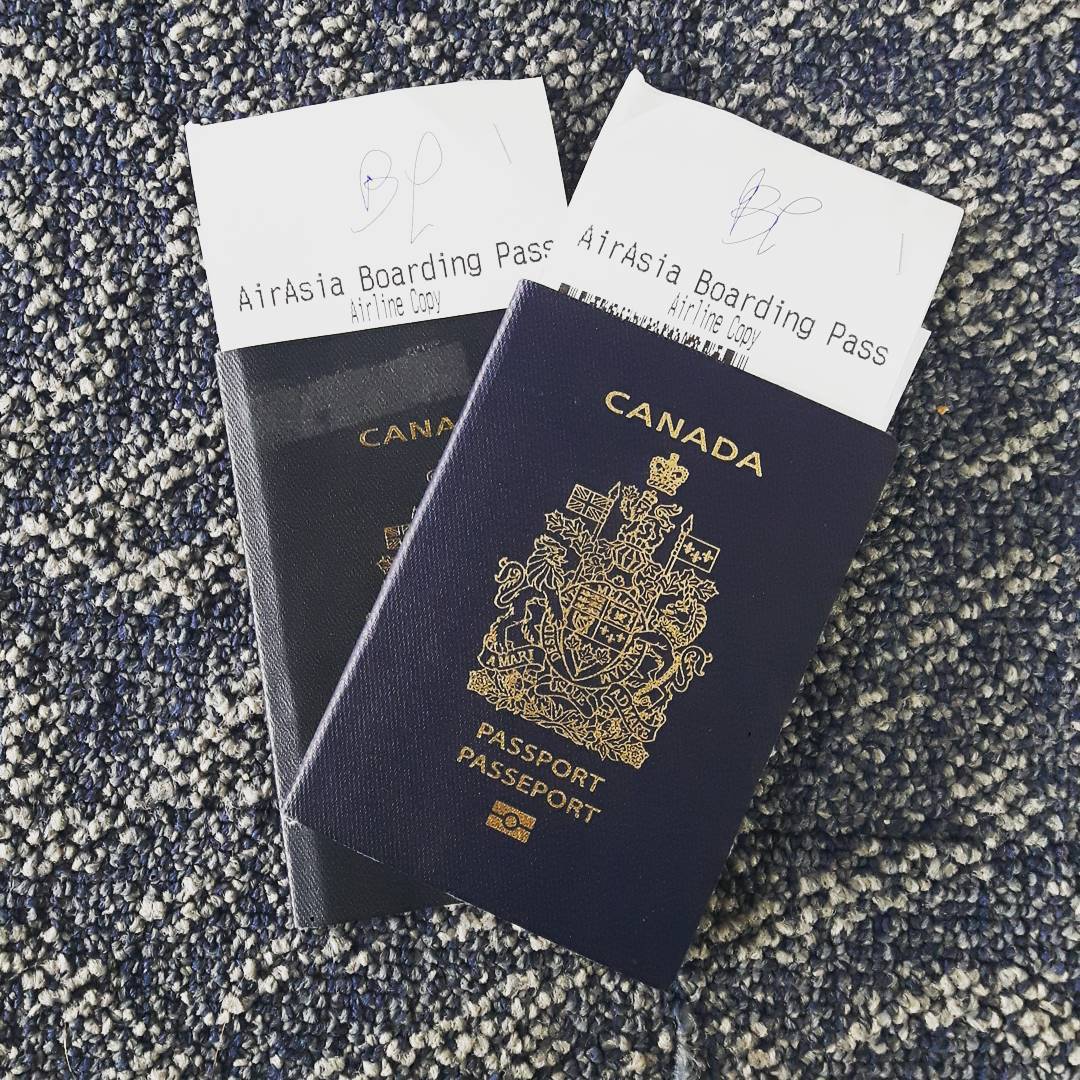Heading to Vietnam from Canada in for work? Whether you’re flying to Ho Chi Minh City for a trade show, visiting a factory in Da Nang, or attending boardroom meetings …

Heading to Vietnam for business in ? As a Canadian traveller, the key to a successful visa application lies in understanding every requirement and preparing your documents precisely. Even the smallest oversight—an incomplete form, a missing document, or a photo that doesn’t meet the rules—can delay your trip or even result in refusal. This guide outlines everything Canadians need to know about the Vietnam business visa process, from eligibility and documentation to avoiding common mistakes.
A Vietnam business visa is an official permit issued by the Vietnamese immigration authorities, allowing foreign nationals to enter Vietnam for commercial purposes. For Canadians, it’s the right choice when attending trade fairs, negotiating deals, inspecting facilities, or meeting with partners.
Typically, a Vietnam business visa is valid for one to three months, with options for single or multiple entries. Single-entry visas allow you to enter once during the validity period, while multiple-entry visas let you travel in and out as many times as needed until the visa expires—ideal for Canadians with regional travel plans.
It’s important to understand the distinction between business and tourist visas. Using a tourist visa for business activities is a violation of Vietnam’s entry regulations and could result in penalties, denied entry, or future visa restrictions.
In recent years, the Vietnam e-visa system has made applying easier for Canadians, offering a quick online application process without the need to visit an embassy or consulate in person.

To qualify for a Vietnam business visa, Canadians must hold a passport with at least six months of validity remaining from the planned date of entry. This is a universal entry requirement in Vietnam and most countries worldwide.
Your trip must have a clear business-related purpose, such as attending a corporate event, signing agreements, or conducting business meetings. While some applications are processed without supporting documents, you may be asked to provide an invitation letter from a Vietnamese company or evidence of event registration.
Applicants must not be on Vietnam’s immigration blacklist, which includes individuals who have overstayed in the past, violated visa terms, or been deported. Past immigration issues may result in additional scrutiny or outright refusal.
Additionally, applicants should have no record of violating Vietnamese laws, as this could hinder or prevent approval.
If applying online for an e-visa, Canadians generally need only:
If applying through the Vietnamese Embassy in Ottawa or the Consulate-General in Vancouver, you will need to submit extra documents:
E-visas are the fastest option for short-term business visits, while embassy applications are better suited for long-term or multiple-entry visas, though they require more paperwork and time.

1. Incomplete Documentation
Leaving out key documents, such as your passport scan or an invitation letter, will almost always cause delays or rejection. Double-check all requirements before submission to avoid unnecessary problems.
2. Incorrect or Inconsistent Information
Mistakes like an incorrect passport number, mismatched names, or conflicting details between your application and supporting documents can trigger an automatic rejection. Review every field carefully.
3. Non-Compliant Documents
A blurry passport scan, a photo in the wrong dimensions, or expired documents are all common reasons for refusal. All files must be clear, up to date, and meet Vietnam’s official specifications.
4. Choosing the Wrong Visa Type
Applying for a tourist visa when you actually need a business visa is a serious error. Even if the visa is approved, you may be refused entry if the purpose of your visit doesn’t match your visa type.
5. Applying Too Late
Submitting your application just days before departure leaves little room for processing delays. Public holidays, peak seasons, or system issues can easily disrupt your plans. Canadians should apply at least 2–3 weeks in advance.
A professional visa service can significantly improve your chances of approval by reviewing your documents and ensuring they meet every requirement. This reduces the risk of rejection and saves valuable time.
Many providers offer express processing, with approvals in as little as 2–8 hours—perfect for urgent or last-minute business trips.
Top-rated services also offer 24/7 customer support, providing assistance at every step. For example, Vietnam Visa Services offers a 100% approval guarantee with a full refund if your visa isn’t issued on time. With over 15 years of experience, they’ve successfully helped many Canadian clients secure their visas quickly and reliably.

For Canadians in , obtaining a Vietnam business visa is straightforward if you know the requirements and prepare the right documents. By following this checklist—and considering the benefits of professional visa assistance—you can avoid delays and focus on making your Vietnam business trip a success.

Heading to Vietnam from Canada in for work? Whether you’re flying to Ho Chi Minh City for a trade show, visiting a factory in Da Nang, or attending boardroom meetings …

